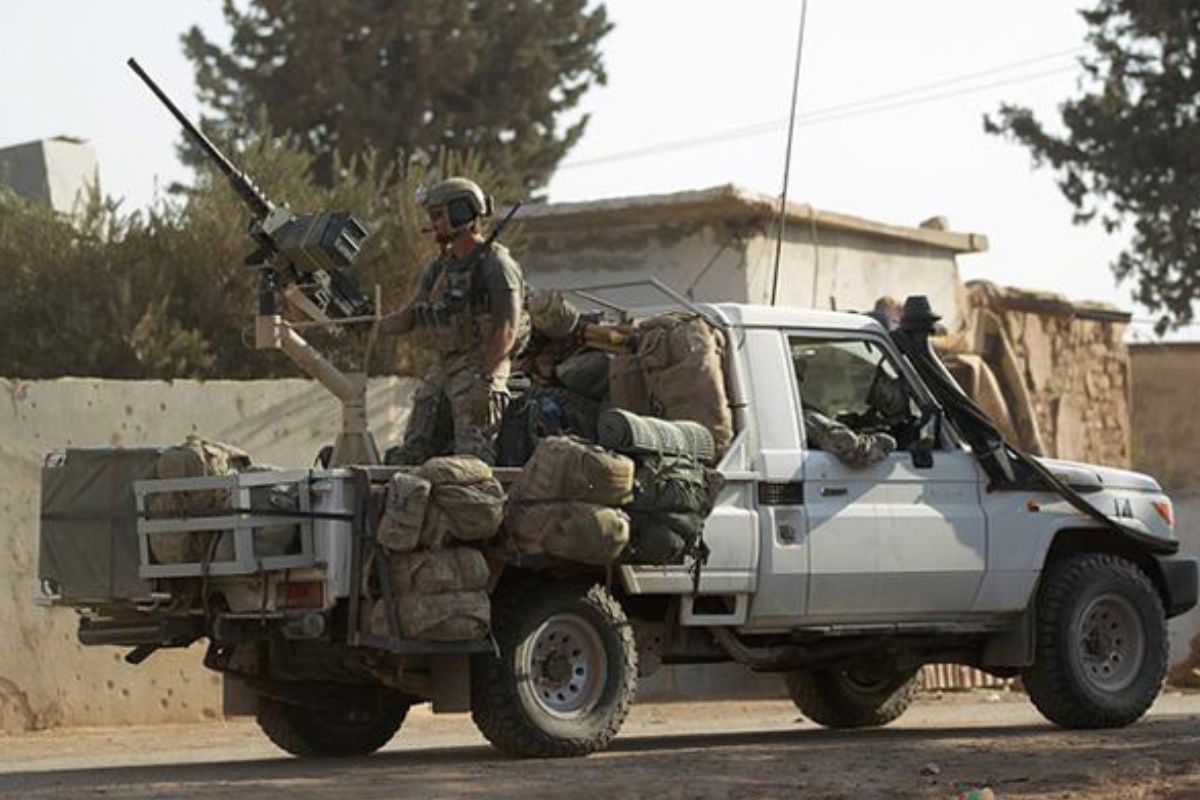With fighting in Sudan having entered a third week, and the United Nations having confirmed that hundreds have died and millions may have been displaced, it is clear that the ambitions of its leaders will ensure that peace will not return in a hurry. While the two sides agreed, under severe international pressure it may be added, to a ceasefire from Friday until Sunday, the sporadic gunfire reported across the country even after this announcement suggested either of two things ~ one that the generals heading the two warring factions are only paying lip-service to the promise of a truce or, two, that not all their soldiers may be under their control.
And yet, as various nations including India scramble to get their diplomatic personnel and citizens out of the country, and ask the warring groups to cease hostilities so that evacuation can be carried out, the average Sudanese’s fear that the fighting will intensify once the foreigners have left is not without basis. The two sides are led by former allies, General Abdelfatel el-Burhan who heads the country and its armed forces, and General Mohamed Hamdan Dagalo, who heads the paramilitary Rapid Support Forces. The dispute between the two is said to hinge on the speed of integration of the paramilitary into the armed forces, with Dagalo accusing el-Burhan of dragging his feet. But there is more, much more, to the conflict, described by one expert as a clash between the country’s power elites over its energy resources, which were once estimated to be enough to pull the country out of poverty but have been depleted after the secession of South Sudan more than a decade ago.
Advertisement
Dreams of the country’s economic transformation were shattered, and powerful groups began jockeying for positions to capture the remaining resources. These maneuvers saw the two generals join hands to oust long-time president Omar AlBashir’s military Islamist regime a few years ago and to create an uneasy alliance of vested interests. The regular army and the paramilitary force are both deeply involved in Sudan’s political economy, and have interests in meat processing, information and communication technology, and gold smuggling.
But fears that General Dagalo may have had, that he was being steadily outflanked by his rival, appear to have ignited the present confrontation. Burgeoning inflation was exacerbated by external shocks, including the Covid pandemic, and contributed, for instance, to the fourfold increase in fertilizer prices. As an economy in severe distress stopped subsidizing agriculture, food production was severely hit. It is at this time that the two generals have embarked on what many see as a fight to the finish, and it is for this reason that observers believe that Sudan’s woes









